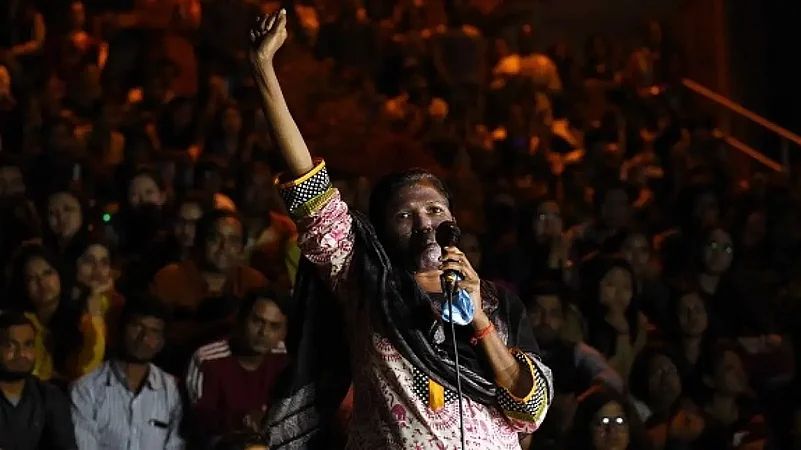To gauge the impact of Supreme Court’s stay on proceedings in sedition cases under Section 124 A till the Union government examines the penal law, let’s turn to an old case. The only act for which the Raipur journalist Prafulla Jha was convicted of sedition in July 2013 was translating what the police believed to be ‘Naxal literature’. He had done these translations many years before the case against him was framed in 2008. Among the incriminating seizures recorded in the chargesheet was a Hindi book, Premchand ki Sarvashreshth Kahaniyan (Premchand’s Best Short Stories).
He is among thousands of people in central India who were charged with sedition, termed ‘Naxals’ or ‘urban Naxals’ and lodged in jails. Since the apex court said Wednesday that they can approach courts for bail, what is the legal remedy available to those implicated in Naxal-related cases? Contrary to the euphoria on social media, experts say that it may not translate into their release.
Advertisement
“Since Naxal cases are also covered under the Unlawful Activities (Prevention) Act, Explosives Act and other relevant laws, the accused is always facing a series of stringent provisions. The stay on the proceedings under Section 124A will not affect their prosecution in the ongoing Naxal cases,” former Special Director General of Police, Chhattisgarh, RK Vij told Outlook. In other words, while there may be a relief from one provision, the various other provisions will ensure the continued imprisonment. “On the contrary, UAPA and other laws have greater punishment than sedition,” Vij said.
Jha, for instance, was also charged under Section 8(3) of the Chhattisgarh Public Security Act for ‘assisting in the management of an unlawful organisation’. Having duly served his sentence after he was released in 2014, this reporter asked him about the "translations".
He smilingly said that long ago he had actually translated into Hindi some articles from a special issue of Economic and Political Weekly on the Nepalese Maoists, but the police termed it Naxal literature. The police termed the case their biggest success in cracking the ‘urban network of Naxals’.
Advertisement
Similarly, there are thousands of adivasis in Bastar including Soni Sori who face a series of provisions in a way that relief in one case doesn’t ensure their release. Soni was charged with several others including his nephew Lingaram Kodopi under 124 (A) (sedition), Section 121 (waging, or attempting to wage war against the government of India) of IPC, Unlawful Activities (Prevention) Act and the Chhattisgarh Special Public Security Act in a 2011 case. While all the accused were finally acquitted in March this year after a long legal ordeal, had the SC order come during her imprisonment, a relief under sedition alone wouldn’t have been sufficient to ensure their release.
The Supreme Court decision will benefit those people who are booked under sedition for speaking against the government, for writing a Facebook post or a tweet against a politician, or cracking a joke against a politician. The Supreme Court decision will strengthen the right to free speech as governments may no longer be able to curb dissent with the stick of sedition. It will help journalists, writers and academics who are routinely threatened with the draconian law. Sharjeel Imam, for instance, who has been facing sedition charges in the 2020 Delhi riots case, is likely to approach the High Court tomorrow with a fresh application seeking bail following the Supreme Court order.




















